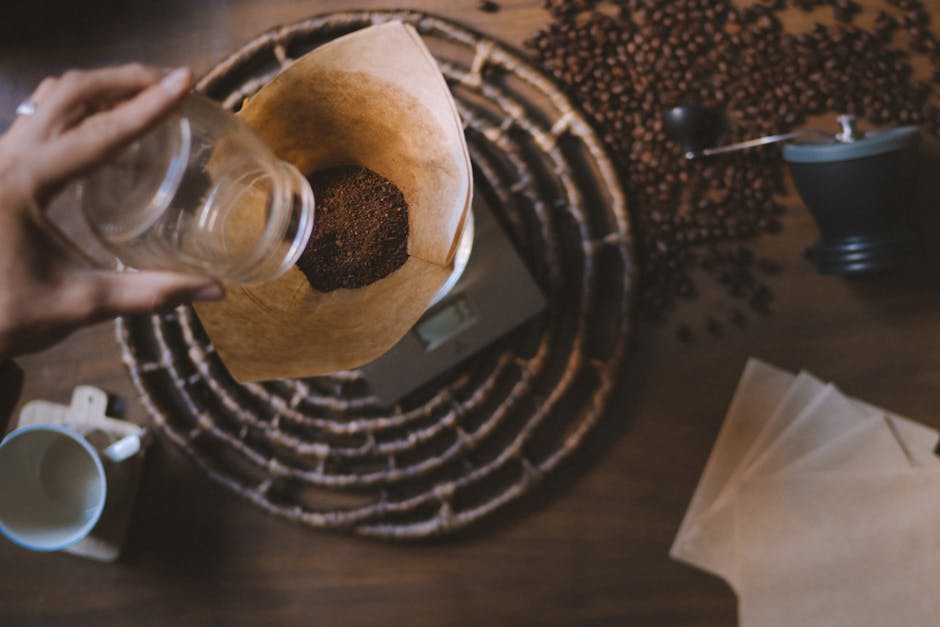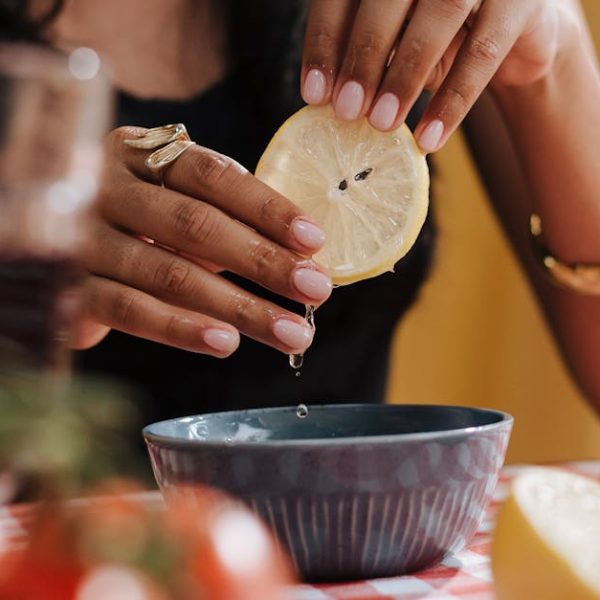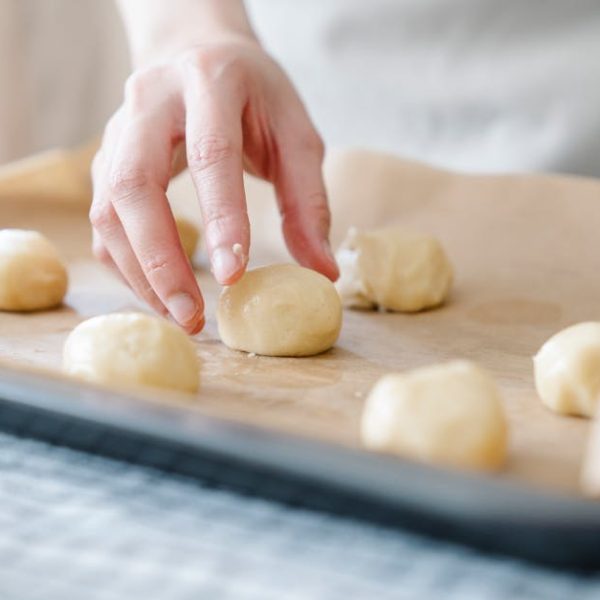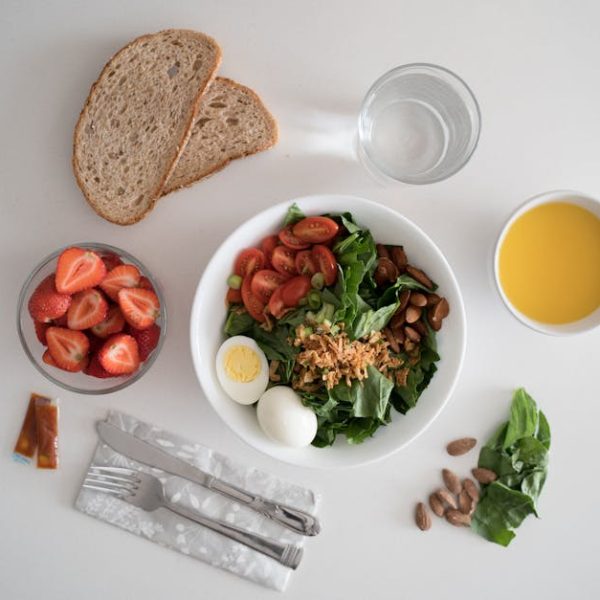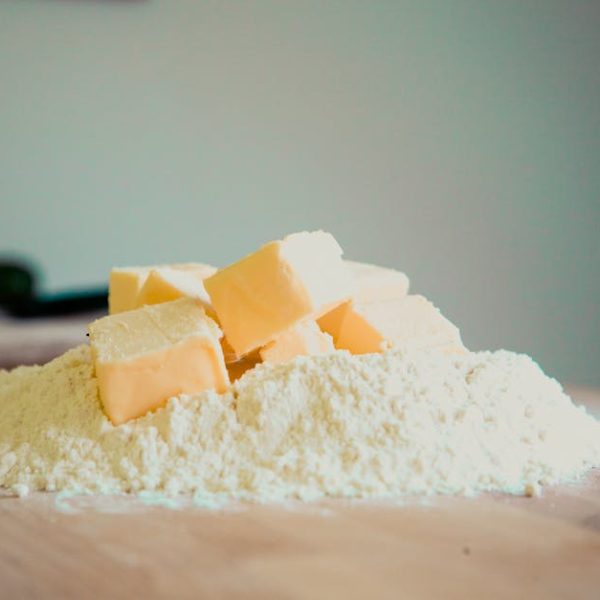We all like to start our day with a fragrant cup of fresh coffee. But what if the coffee you are brewing is not as fresh as it should be? The freshness of the ground coffee constitutes an integral part of your brewing experience, affecting both the taste and aroma of your coffee. Hence, keeping your ground coffee fresh is tantamount to preserving the exquisite quality of your brew.
Why Fresh Coffee Matters
Coffee begins to lose its freshness soon after it’s roasted, and this process speeds up once the beans are ground. This loss of freshness is exhibited through a fleet of signs, like a lack of aroma, flat taste, and a bitter aftertaste, often disappointing to the avid coffee enthusiasts.
Pro Tip Buy whole coffee beans instead of ground coffee where possible. Grinding your coffee just before brewing will significantly extend its freshness, improving its aroma and taste.
Storing Your Ground Coffee Properly
The culprits behind the coffee’s loss of freshness are exposure to oxygen, sunlight, moisture, and heat. The rule of thumb is to buy only a two-week supply, as your coffee begins to lose its aroma and flavor beyond this time.
Your handy checklist for proper coffee storage include:
- Using an airtight container for storage.
- Store the container in a cool, dark place, away from sunlight.
- Keep the coffee away from moisture-prone areas.
Here’s a table that compares coffee storage methods:
| Storage Method | Pros | Cons |
|---|---|---|
| Pantry | Convenient and avoids condensation risk | Perhaps too accessible leading to more frequent openings |
| Fridge | Cool temperature may help preserve flavor | Coffee tends to absorb smells, risking flavor alteration |
| Freezer | Good for long-term storage | Should be used for infrequent access as temperature fluctuation causes condensation |
Invest in Vacuum-Sealed Containers
Vacuum-sealed containers are a worthy investment for coffee lovers. They preserve the freshness of your ground coffee by locking out the air and providing a cool, dark storage environment. However, it’s essential to choose one that seals airtight and is of the right size for the amount of coffee you buy regularly.
Pro Tip Always make sure to reseal your vacuum-sealed container properly after every use. Over time, if not sealed correctly, the seal may lose its effectiveness, causing your coffee to lose its freshness.
Refrigeration: Not the Best Choice
Have you been storing your coffee in the refrigerator? It’s time to move it. The fridge may seem like a good idea due to its cool temperature, but it’s not. Coffee is known to absorb surrounding odors, and the potential moisture exposure can compromise its taste.
Common coffee storage mistakes include:
- Not sealing the coffee correctly.
- Storing coffee in the refrigerator.
- Buying more coffee than can be consumed in two weeks.
Pro Tip You can store your cold brew concentrate in the fridge. Since it’s a different brewing method, the cold brew is less sensitive to the conditions inside your fridge. Ultimately, the best way to ensure the freshness of your coffee is to store it properly.
Small Quantities are Key
One foolproof way of ascertaining fresh coffee for every brew is buying in small quantities. This method not only wards off stale coffee but also reduces the potential for waste‐ coffee can lose its flavor over time, so the less you have sitting around, the better.
Here are few tips to determine how much coffee to buy:
- Monitor your coffee consumption habits.
- Only buy enough coffee that you can finish in a fortnight
- Break larger bags into smaller portions and only open what you need.
Let’s consider the pros and cons of buying in bulk versus small batches:
| Purchase Method | Pros | Cons |
|---|---|---|
| Buying in Bulk | Cost-effective on surface value; less frequent purchases | Higher risk of coffee going stale if not stored properly |
| Small Batches | Guaranteed freshness; less likely to waste | May be more expensive; requires more frequent shopping |
Handling Ground Coffee
Whether you’re scooping it out of its container or pouring it into your coffee maker, how you handle your coffee also impacts its freshness. Avoid handling your coffee with wet or moist hands, and never leave an open pack of coffee exposed for an extended period.
Here’s your checklist to avoid mishandling coffee:
- Always use a dry, clean scoop/spoon for measuring.
- Never leave the coffee package/container open for too long.
- Avoid touching coffee with moist or wet hands.
Pro Tip Always use a dry, clean coffee scoop or spoon each time you measure out your coffee. This practice can keep moisture or other contaminants from compromising the rest of your supply.
Remember to Reseal
Once that coffee package is open, remember to seal it properly after every use. Proper sealing prevents exposure to air, moisture, and other environmental factors that may speed up the staling process.
Here is a step-by-step procedure on how to reseal your coffee package properly:
- Ensure the area around the seal is devoid of any coffee granules.
- Press out as much air as possible from the bag.
- Double-check that the seal is completely secure.
Pro Tip Don’t have a coffee container available? Use clips or rubber bands to help seal the bag tightly, making sure air doesn’t get in. While not if not as ideal as an airtight container, it’s a quick workaround to prevent your coffee from going stale.
Whether you’re a casual coffee drinker or a serious connoisseur, the freshness of your coffee can elevate your brewing experience to new heights. By following these simple tips, you can enjoy a fragrant, flavorful cup each time and savor the true essence of your ground coffee. Become a coffee-preserving master and never have a stale cup of Joe again!
Key Takeaway:
- Fresh coffee significantly improves the taste and aroma of your brew. It’s advisable to grind beans at home for ultimate freshness.
- Ground coffee should be stored in a cool, dark place, preferably in an airtight, vacuum-sealed container. Refrigeration isn’t advisable.
- Buying coffee in small quantities, roughly enough for two weeks, ensures freshness and reduces waste.
- Proper handling and resealing of coffee packages is critical in maintaining its freshness.
Maintaining the freshness of your coffee is not as complicated as it may seem. Simple habits like buying in small quantities, proper storage, and careful handling can significantly prolong the freshness of your coffee. So, take these tips in your stride and look forward to savoring deliciously fresh coffee with every brew!
FAQs
Q: Can I store my coffee in its original packaging?
A: Yes, you can, but remember to seal the bag tight after each use. Using clips or bands can help create a makeshift seal. However, for longer-lasting freshness, it’s advisable to transfer your ground coffee to an airtight, vacuum-sealed container.
Q: Can I leave my coffee out on the kitchen counter?
A: If you’re using the coffee frequently, you can do this for convenience. However, ensure your coffee is stored in a dark, airtight container and away from heat sources like stoves or ovens, which could affect its freshness.
Q: What happens if I handle coffee with wet hands?
A: Introducing moisture to your coffee can speed up its oxidation process, causing it to become stale. Always make sure your hands are dry and clean when handling coffee.
Q: Can I store my coffee in the fridge if I use it quickly?
A: Although the fridge may seem like an intuitive storage choice, it’s typically not recommended due to the potential for your coffee to absorb other smells in the fridge and the risk of condensation, both of which can affect flavor.
Q: Can I buy coffee in bulk to save money?
A: While buying in bulk may seem cost-effective, coffee begins to lose its freshness soon after it’s roasted, and this process speeds up once the beans are ground. Hence, it is recommended to buy only a fortnight’s supply at a time for the most fresh and flavorful cup.
Remember to share this article and explore our website for more tips and tricks for all things coffee-related. Happy brewing!
